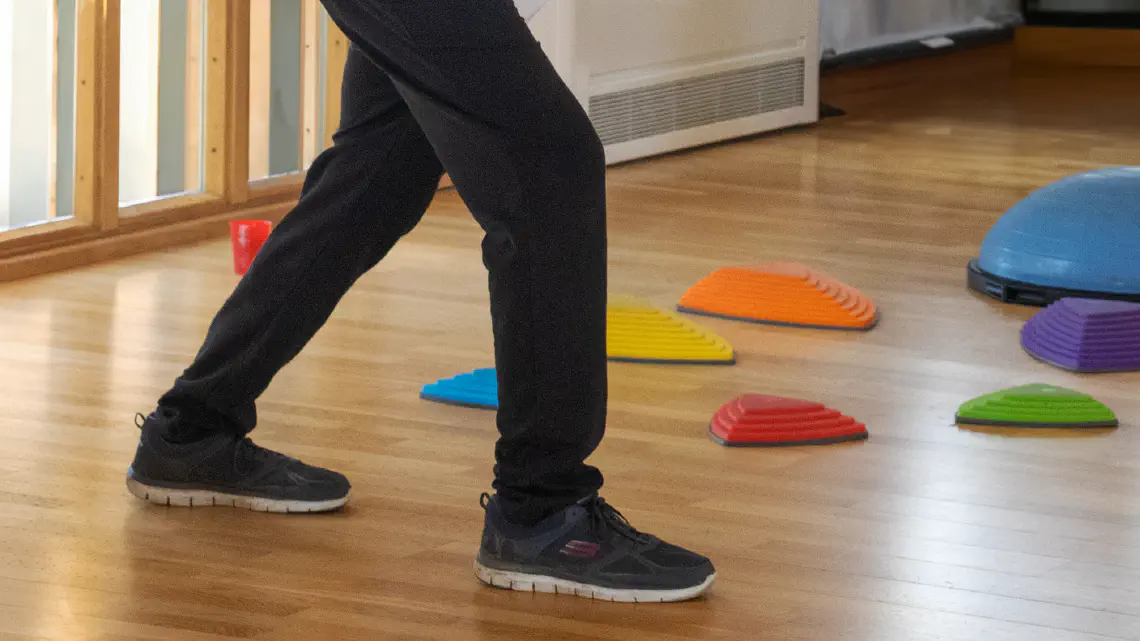Living with Parkinson’s can be challenging. An active lifestyle can help in slowing down disease progression and in enhancing both mental and physical well-being. Keeping your balance, strength, and flexibility in check is key. In this post, we’ll explore the importance of exercise and staying active for people with Parkinson’s (PwP).
Enhanced Motor Function
Regular exercise can improve motor function for PwP. Regular exercise such as walking, cycling, swimming, or dancing can greatly improve balance and coordination. A positive outcome of this is allowing people to stay independent for longer and reducing their risk of falling. Enhancing flexibility and strengthening muscles can also aid in reducing symptoms like stiffness and bradykinesia.
Enhanced Cognitive Function
Exercise has been associated with enhanced neuroplasticity, or the brain’s capacity for self-adaptation and reorganisation. Regular physical activity may assist PwP to preserve their cognitive skills, memory, and attention span. Additionally, it might have a preventive effect against dementia onset and cognitive deterioration.
Improved Mood and Mental Wellbeing
Exercise can also have a positive effect on mental health, and people with Parkinson’s are no exception. Physical activity encourages the release of endorphins, which are known to naturally improve mood. It can improve general mental health by lowering anxiety, stress, and sadness. Being active can also develop social relationships, increase self-esteem, and give one a sense of success and continuous improvement.
A Boost for Sleep Quality
Parkinson’s frequently causes sleep problems. Not getting enough sleep can make some symptoms worse. Remaining physically active through exercises can assist in the control of sleep cycles and enhance the overall quality of sleep.
